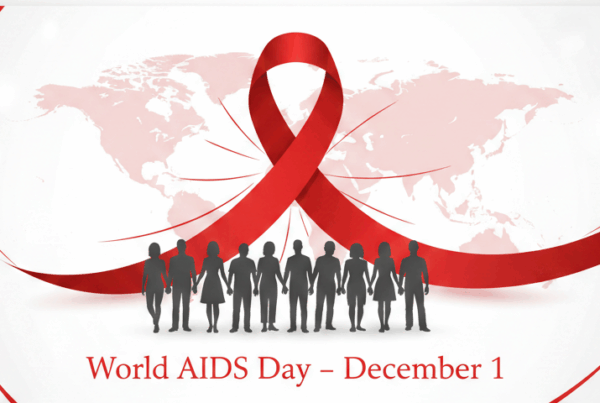Across bustling cities and quiet rural towns, millions pause today to reflect on a condition that affects lives in both subtle and serious ways. World Asthma Day 2025 is more than just a date on the calendar—it’s a call to action for a global health issue that often remains invisible until it becomes urgent.
With the theme “Asthma Education Empowers,” this year’s observance centers on the power of knowledge to transform lives. Whether it’s a child learning how to use an inhaler, a parent understanding environmental triggers, or a teacher recognizing signs of an asthma attack in a student, education is the bridge between fear and control.
The Scope of the Challenge
Asthma currently affects more than 339 million people worldwide, making it one of the most common chronic diseases. It can range from mild and manageable to severe and life-threatening, yet it often goes undiagnosed or mismanaged—especially in low-income or marginalized communities.
In urban areas, poor air quality and rising pollution levels contribute to increasing cases. In rural regions, the challenge is often lack of access to proper diagnosis and consistent treatment. What ties all of these together is a shared need for awareness, support, and timely care.
Knowledge as a Lifeline
Many of the difficulties faced by those with asthma stem not from the disease itself, but from a lack of understanding. World Asthma Day shines a light on how simple interventions—like teaching correct inhaler technique or identifying indoor air pollutants—can drastically improve quality of life.
Around the world today, hospitals, schools, and community organizations are hosting health fairs, offering free lung function tests, and distributing educational materials. Social media campaigns are encouraging people to share their experiences and advocate for better air standards and healthcare access.
A Broader Responsibility
Asthma management doesn’t fall solely on the shoulders of those living with the condition. Governments are being urged to fund clean-air initiatives, ensure the availability of affordable medication, and integrate asthma education into school and workplace safety protocols.
Medical professionals emphasize the importance of personalized care, regular checkups, and reducing exposure to common triggers like dust, mold, smoke, and cold air. There is also growing awareness about the impact of climate change on respiratory health, making environmental action part of the conversation.
Toward a Healthier Future
The message of World Asthma Day is clear: with the right information, tools, and support, asthma can be controlled—and lives can be lived to the fullest. Today is not just about those who suffer from asthma. It’s about building a world where breathing freely is a right, not a privilege.




